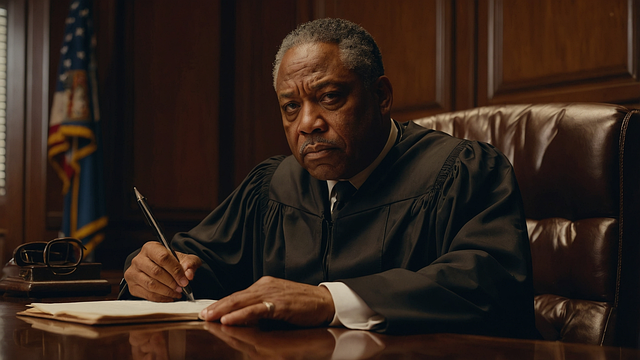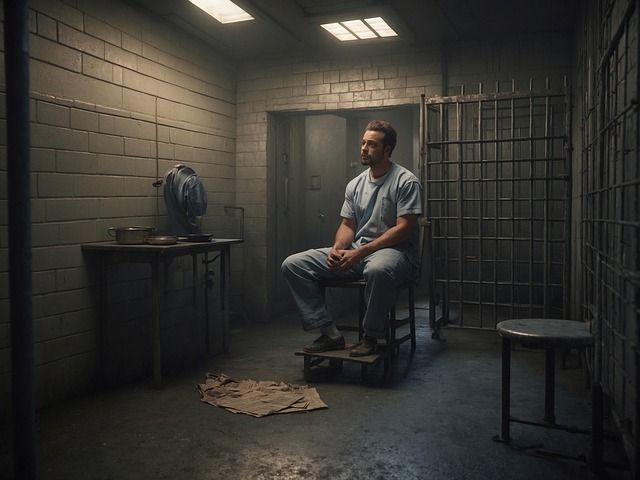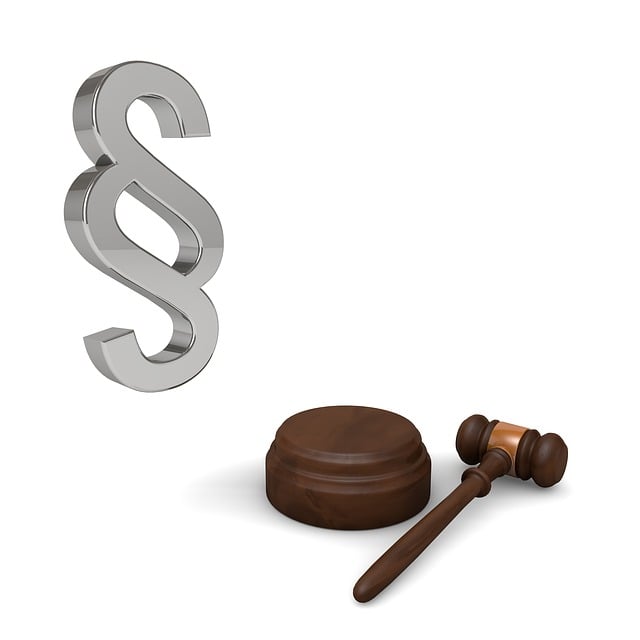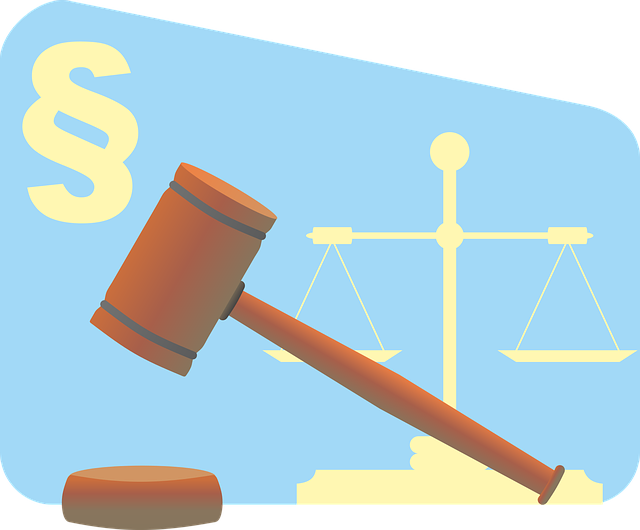Environmental Crime Trials hold accountable parties responsible for environmental damage through complex civil litigation, empowering consumers and communities affected by pollution or ecological destruction to seek justice. Understanding consumer rights in civil litigation is crucial, as it allows citizens to actively contribute to environmental protection, especially against white-collar crime. These trials promote corporate accountability, protect public health, and foster sustainability. By participating in environmental protection, consumers strengthen regulations and deter future transgressions, aiming for just resolutions that compensate victims. International agreements set global standards for environmental conservation, with civil litigation playing a vital role in achieving environmental justice. Successful outcomes of these trials demonstrate the legal system's commitment to both accountability and sustainable development.
Environmental Crime Trials are increasingly important as we navigate a world facing unprecedented environmental challenges. This article delves into the complex landscape of these trials, exploring key aspects from definition to legal frameworks and their impact. We dissect the role of consumer rights in environmental litigation, highlighting how understanding these rights is crucial for effective enforcement. Key players and future prospects are also examined, offering insights into the evolving fight against environmental crimes.
- What are Environmental Crime Trials?
- The Role of Consumer Rights in Environmental Litigation
- Key Players in Environmental Crime Trials
- Legal Framework and Regulations Governing Environmental Crimes
- Impact and Future Prospects of Environmental Crime Trials
What are Environmental Crime Trials?

Environmental Crime Trials are legal proceedings that focus on holding individuals or organizations accountable for harming the environment and violating environmental laws. These trials involve complex civil litigation, where consumers and communities affected by pollution, ecological destruction, or illegal waste disposal can seek justice. By understanding their consumer rights in such cases, citizens can actively participate in environmental protection efforts.
This type of legal action is particularly significant in high-stakes cases involving white-collar crime, where corporations and executives might be accused of concealing environmental hazards or engaging in fraudulent activities. Avoiding indictment for these crimes requires a deep understanding of regulatory frameworks and the ability to navigate legal loopholes. As such, these trials play a crucial role in ensuring corporate responsibility and safeguarding public health, ultimately fostering a more sustainable future.
The Role of Consumer Rights in Environmental Litigation

Understanding Consumer Rights in Civil Litigation plays a pivotal role in Environmental Crime Trials, especially in high-stakes cases across the country. Consumers have the right to be informed about potential environmental hazards associated with products and services they purchase or use. This knowledge empowers them to make informed decisions and take necessary actions to protect their health and the environment. In civil litigation, consumers can hold businesses accountable for negligence or intentional misconduct that causes ecological damage.
The role of consumer rights extends beyond individual protection; it contributes significantly to environmental enforcement across all stages of the investigative and enforcement process. When consumers are aware of their rights, they can actively participate in reporting environmental crimes, providing crucial evidence that aids in the prosecution of perpetrators. This collaborative approach strengthens environmental regulations and fosters a culture of corporate responsibility, ensuring that businesses prioritize sustainability and public welfare.
Key Players in Environmental Crime Trials

Environmental crime trials involve a complex web of stakeholders, each playing a crucial role. At the heart of these proceedings are consumer rights, which are paramount in civil litigation. Understanding these rights is key to navigating the legal landscape and ensuring justice for environmental transgressions. This process extends beyond holding corporate entities accountable; it also involves protecting individual clients who may have been affected by the harmful activities.
In these trials, various players come together, including plaintiffs who bring forward claims, lawyers specializing in environmental law who construct compelling arguments, and judges or juries who interpret evidence and render verdicts. The goal is to winning challenging defense verdicts that not only compensate victims but also serve as deterrents for future transgressions. This collaborative effort underscores the multifaceted nature of environmental crime trials, where the collective action of these key players is essential to achieving a sustainable and just outcome for all respective business involved.
Legal Framework and Regulations Governing Environmental Crimes

The legal framework surrounding environmental crimes is a complex web designed to protect our planet and its inhabitants. International agreements, such as the Paris Agreement and various UN conventions, set global standards for environmental protection, which are then translated into national laws. These regulations cover a wide range of activities, from pollution control and habitat preservation to sustainable resource management. Understanding these legal boundaries is crucial, especially in high-stakes cases involving white collar and economic crimes. Businesses and individuals must be aware of their responsibilities to prevent and mitigate environmental damage, ensuring compliance with stringent environmental standards.
In civil litigation, consumers play a vital role in holding perpetrators accountable. By understanding their rights, individuals can participate actively in environmental justice. This involvement is significant for several reasons. Firstly, it helps to increase awareness about environmental issues. Secondly, it encourages corporate accountability, as businesses may be more inclined to adhere to ethical practices if they face potential civil liabilities. Furthermore, the financial burden of environmental remediation often falls on local communities, including philanthropic and political entities, making their involvement essential in addressing these complex crimes.
Impact and Future Prospects of Environmental Crime Trials

Environmental Crime Trials are transforming the legal landscape, marking a significant shift in how we address ecological offenses. The impact of these trials is profound, as they not only bring justice to victims but also serve as a powerful deterrent against future environmental crimes. By holding perpetrators accountable, these trials send a clear message that damaging the environment will no longer be tolerated. This has led to an unprecedented track record of winning challenging defense verdicts, demonstrating the strength and fairness of the legal system when it comes to environmental issues.
Looking ahead, the future prospects of Environmental Crime Trials are promising. As awareness about consumer rights in civil litigation grows, individuals and communities affected by ecological damage will have stronger tools at their disposal. The successful avoidance of indictment in some cases has shown that the legal system is adaptable and responsive to societal needs. This trend suggests a more balanced approach to environmental regulation, one that prioritizes both accountability and sustainable development.
Environmental crime trials play a pivotal role in holding perpetrators accountable for their actions that harm our planet. By examining the intricate web of legal frameworks and key players, we can better understand how these cases unfold and their significant impact on environmental conservation. Moreover, recognizing the vital role of consumer rights in environmental litigation opens doors to innovative strategies for protection and justice. As we look ahead, the future prospects of environmental crime trials promise a more sustainable and accountable world, ensuring that those who pollute and destroy are brought to justice.






